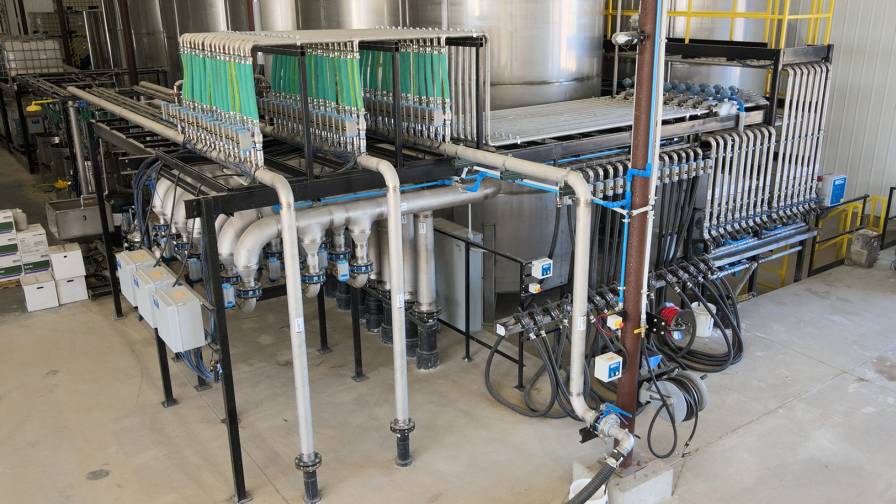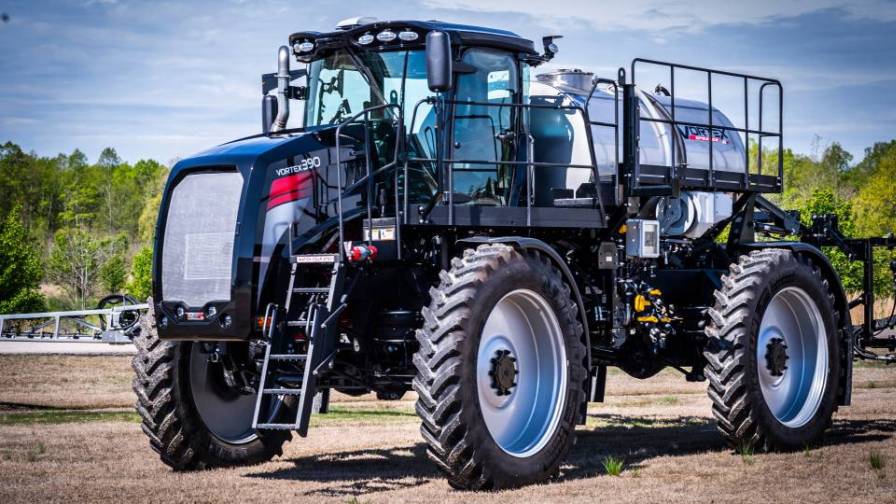The Outlook For Seed In 2016
Among all crop input categories going into 2016, the seed category has as many questions regarding which direction it will head as any other. Following a few down years during the early 2010s, the seed category seemed to on the road to recovery. According to information taken from the annual CropLife 100 survey of the nation’s top ag retailers, seed category sales improved in both 2013 and 2014. In fact, by the end of 2014, seed sales stood at $4.5 billion, a record for the category.
However, in 2015, this mini growth trend for seed reversed. For the year, seed category sales dipped to $4.3 billion. In large part, many ag retailers blamed a combination of falling commodity prices, uncertain planting conditions and subsequent purchasing decision delays for this market decline. According to Wes Roll, COO of West Central Ag Services, Ulen, MN, many of his company’s growers in 2015 waited until early spring to decide which seed types to plant, which impacted the retailer’s ability to adjust.
“The impact is serious, as it’s impossible to plan what inventory to have where,” said Roll in a November 2015 interview with CropLife® magazine. “In addition, suppliers can have deadlines for tying up seed orders, otherwise return penalties can be charged.”
Enlist Questions
Initially, some in the ag retail marketplace had high hopes that 2016’s seed category fortunes would turn around as new products came into play. In particular, growers dealing with an increasingly difficult array of herbicide-resistant weeds were looking forward to adding the Enlist cropping system from Dow AgroSciences to their seed mix. Even ag retailers were excited for the possibility of having this tool in their seed toolbox. According to the 2015 CropLife 100 survey, 69% of respondents planned to carry these new seed options in their outlets for 2016.
But in late November, the EPA requested a voluntary vacatur of pulled the registration for Enlist Duo herbicide after receiving some new data from the company that this blend of 2,4-D choline and glyphosate might negatively impact non-target plants when applied. Dow AgroSciences is working with the agency to resolve this issue.
“We expect that EPA will be able to address any remaining questions of synergy so growers will have access to this much needed technology to combat resistant and hard-to-control weeds in time for the 2016 growing season,” wrote company spokesperson Garry Hamlin in a statement to CropLife.






